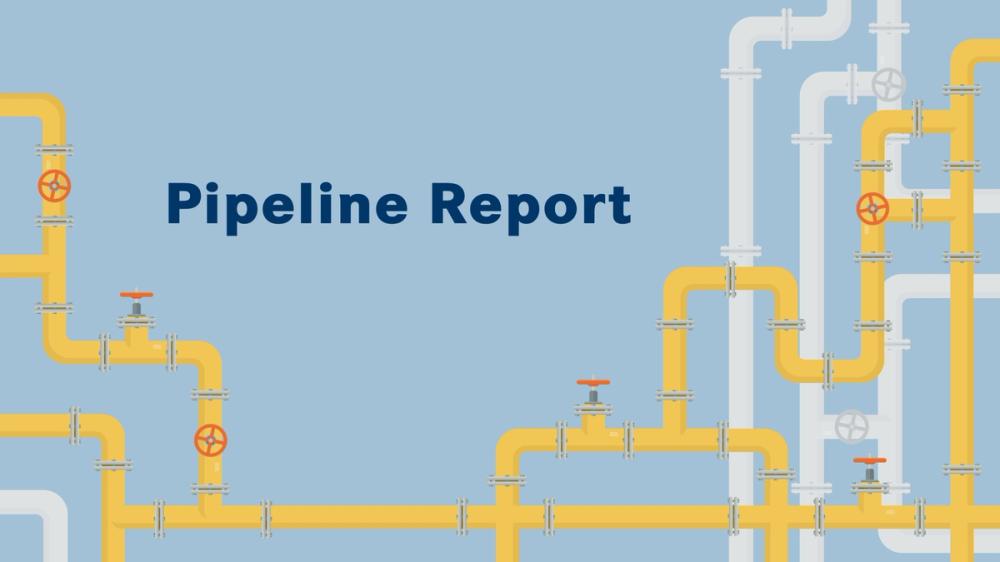
Nivolumab/Ipilimumab Combo Provides Long-Term Survival Benefit in Advanced HCC After Sorafenib

The dual immunotherapy combination comprised of nivolumab given at 1 mg/kg and ipilimumab given at 3 mg/kg provided durable responses and long-term survival benefit in patients with advanced hepatocellular carcinoma following treatment with sorafenib.
The dual immunotherapy combination comprised of nivolumab (Opdivo) given at 1 mg/kg and ipilimumab (Yervoy) given at 3 mg/kg provided durable responses and long-term survival benefit in patients with advanced hepatocellular carcinoma (HCC) following treatment with sorafenib (Nexavar), according to 5-year data from the phase 1/2 CheckMate 040 trial (NCT01658878).1
At a minimum follow-up of 60 months, patients who received nivolumab at 1 mg/kg and ipilimumab at 3 mg/kg every 3 weeks (arm A; n = 50) experienced an objective response rate (ORR) of 32%, and a median overall survival of 22.8 months (95% CI, 9.4–not evaluable [ NE]). The 60-month OS rate was 29% (95% CI, 14%-43%).
In those who were given nivolumab at 3 mg/kg plus ipilimumab at 1 mg/kg every 3 weeks (arm B; n = 49), the ORR was 31%, and the median OS was 12.5 months (95% CI, 7.6-16.4). The 60-month OS rate was 19% (95% CI, 9%-32%). In the patients who received nivolumab at 3 mg/kg every 2 weeks plus 1 mg/kg every 6 weeks (arm C; n = 49), the ORR was 31%, and the median OS was 12.7 months (95% CI, 7.4-33.0). The 60-month OS rate was 21% (95% CI, 11%-34%).
“These results further support the use of nivolumab at 1 mg/kg plus ipilimumab at 3 mg/kg as second-line treatment for patients with advanced HCC who have previously received sorafenib,” said lead study author, Ignacio Melero, MD, PhD, of Clinica Universidad de Navarra and CIBERONC, Pamplona, Spain, in a presentation of the data.
The multicenter, open-label, multicohort, phase 1/2 trial enrolled patients with histologically confirmed advanced HCC who were at least 18 years of age and who had Child-Pugh liver function class A disease.2 They also needed to have an ECOG performance status of 0 or 1, and at least 1 measurable untreated target lesion per RECIST v1.1 criteria.
Study participants were randomized 1:1:1 to arm A, B, or C. The regimens in arm A and B were given for 4 doses and followed by single-agent nivolumab at 240 mg administered every 2 weeks. Treatment was given until intolerable toxicity, disease progression per RECIST v1.1 criteria, or withdrawn consent.
The co-primary end points were safety and tolerability, and ORR per investigator assessment and RECIST v1.1 criteria. Secondary end points comprised disease control rate (DCR), time to response, time to progression, progression-free survival, and OS.
Among the 148 patients who were enrolled to the trial, the median age was 60 years (interquartile range, 52.5-66.5), and 81% were male. Baseline demographics and clinical characteristics were comparable across the arms. A good deal of patients had poor prognostic features and hepatitis B virus–related disease. Notably, 9% of patients received at least 3 prior systemic therapies. Moreover, 99% of patients previously received sorafenib; 84% discontinued the agent because of progressive disease and 14% did so due to toxicities.
In March 2020, the
Data from the trial published in JAMA Oncology showed that at a median follow-up of 30.7 months, the investigator-assessed ORRs were 32%, 27%, and 29% in arms A, B, and C, respectively; the ORRs by RECIST v1.1 criteria were 32%, 31%, and 31%, respectively. In the primary analysis, the median OS in arm A was 22.8 months (95% CI, 9.4-NE). In arm B, the median OS was 12.5 months (95% CI, 7.6-16.4), and in arm C, the median OS was 12.8 months (95% CI, 7.4-33.0).
Among those who responded to treatment in arm A, the complete response (CR) rate was 8%, the partial response (PR) rate was 24%, and the stable disease (SD) rate 18%; 40% of patients had progressive disease (PD). Of the responders in arm B, the CR rate was 6%, the PR rate was 24%, and the SD rate was 10%; in this group, 49% experienced PD. Among responders in arm C, the PR and SD rates were 31% and 18%, respectively, with 43% of patients experiencing PD.
The DCRs experienced in arms A, B, and C were 54%, 43%, and 49%, respectively.
With longer follow-up, the toxicity profiles of the combination regimens were found to be manageable, with no new signals observed. Most immune-mediated adverse effects resolved after treatment per standard algorithms, with no additional discontinuations because of these toxicities since the primary analysis.
In the phase 3 CheckMate-9DW trial (NCT04039607), nivolumab plus ipilimumab will be compared with physician’s choice of sorafenib or lenvatinib (Lenvima) in the frontline treatment of patients with advanced HCC (n = 728).
To be eligible for enrollment, patients will need to have Child-Pugh class A disease, and an ECOG performance status of 0 or 1. The co-primary end point of the trial is OS, and secondary end points included ORR by RECIST v1.1 criteria, duration of response, and time to symptom deterioration.
References
- Melero I, Yau T, Kang Y-K, et al. Nivolumab (nivo) plus ipilimumab (ipi) combination therapy in patients with advanced hepatocellular carcinoma (aHCC): 5-year results from CheckMate 040. Ann Oncol. 2022;33(suppl 4):S361. doi:10.1016/j.annonc.2022.04.411
- Yau T, Kang Y-K, Kim T-Y, et al. Efficacy and safety of nivolumab plus ipilimumab in patients with advanced hepatocellular carcinoma previously treated with sorafenib: the CheckMate 040 randomized clinical trial. JAMA Oncol. 2020;6(11):e204564. doi:10.1001/jamaoncol.2020.4564
- US Food and Drug Administration approves Opdivo (nivolumab) + Yervoy (ipilimumab) for patients with hepatocellular carcinoma (HCC) previously treated with sorafenib. News release. Bristol Myers Squibb. March 11, 2022. Accessed August 12, 2022.
https://bit.ly/2TEXGBG






































